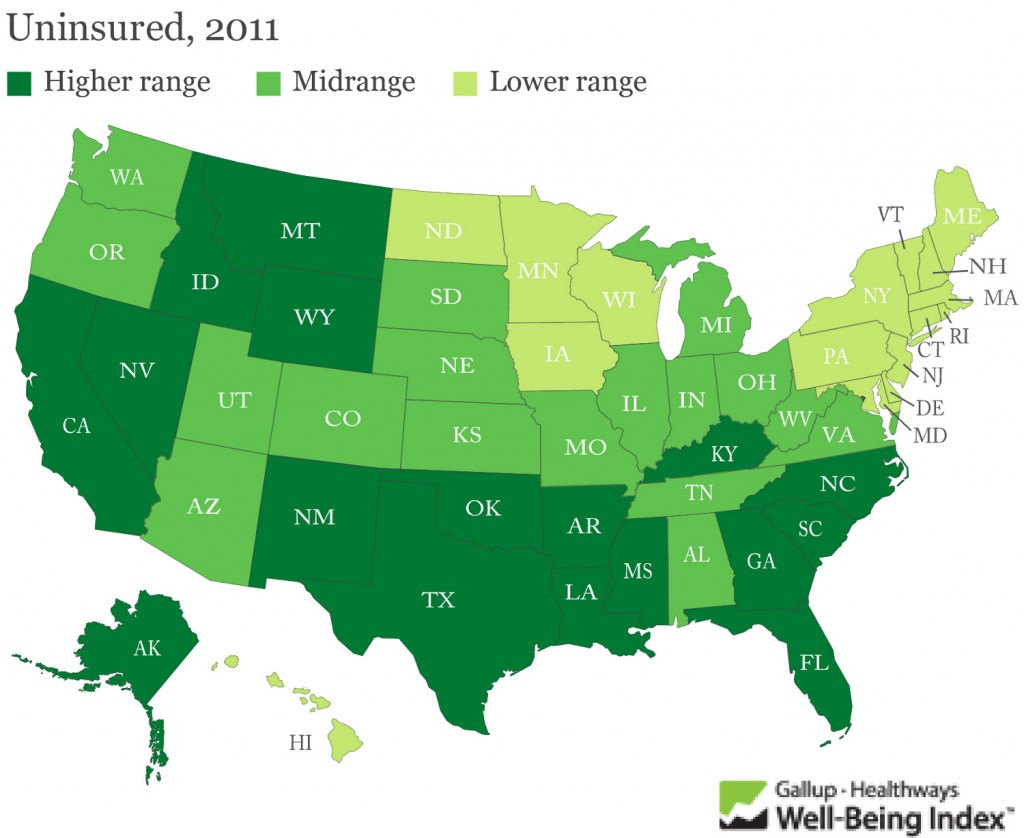In one of the most closely-watched decisions in recent years, the Supreme Court upheld the Affordable Care Act, including the controversial individual mandate requiring most Americans to purchase health insurance or face a financial penalty. SCOTUS Blog posted a succinct one paragraph summary of the decision:
The Affordable Care Act, including its individual mandate that virtually all Americans buy health insurance, is constitutional. There were not five votes to uphold it on the ground that Congress could use its power to regulate commerce between the states to require everyone to buy health insurance. However, five Justices agreed that the penalty that someone must pay if he refuses to buy insurance is a kind of tax that Congress can impose using its taxing power. That is all that matters. Because the mandate survives, the Court did not need to decide what other parts of the statute were constitutional, except for a provision that required states to comply with new eligibility requirements for Medicaid or risk losing their funding. On that question, the Court held that the provision is constitutional as long as states would only lose new funds if they didn’t comply with the new requirements, rather than all of their funding.
The 5-4 decision was seen as a victory for the Obama Administration and will certainly become a key issue in the upcoming November election as Mitt Romney has already vowed to repeal the law should he win the presidency. In fact, this division was likely anticipated by Chief Justice John Roberts in his majority opinion:
We do not consider whether the Act embodies sound policies. That judgment is entrusted to the Nation’s elected leaders. We ask only whether Congress has the power under the Constitution to enact the challenged provisions.
Roberts did conclude, however, with regard to the constitutionality of the individual mandate:
The Affordable Care Act is constitutional in part and unconstitutional in part. The individual mandate cannot be upheld as an exercise of Congress’s power under the Commerce Clause. That Clause authorizes Congress to regulate interstate commerce, not to order individuals to engage it. In this case, however, it is reasonable to construe what Congress has done as increasing taxes on those who have a certain amount of income, but choose to go without health insurance. Such legislation is within Congress’s power to tax.
Regardless of its ultimate fate, the Affordable Care Act stands, much to the benefit of the some 30 million Americans without health insurance. To illustrate where these uninsured are concentrated, the Atlantic offered the following map.


 />i
/>i


